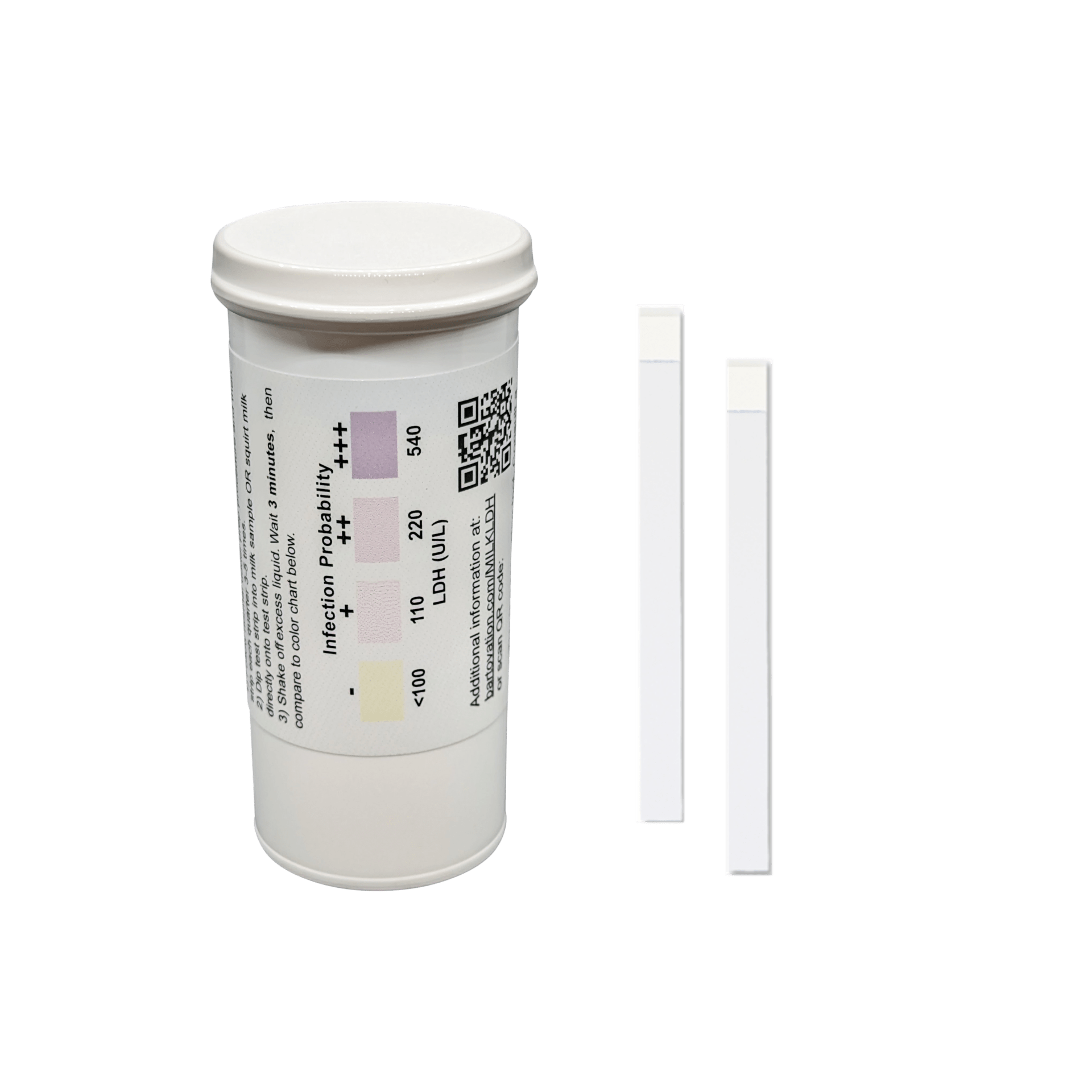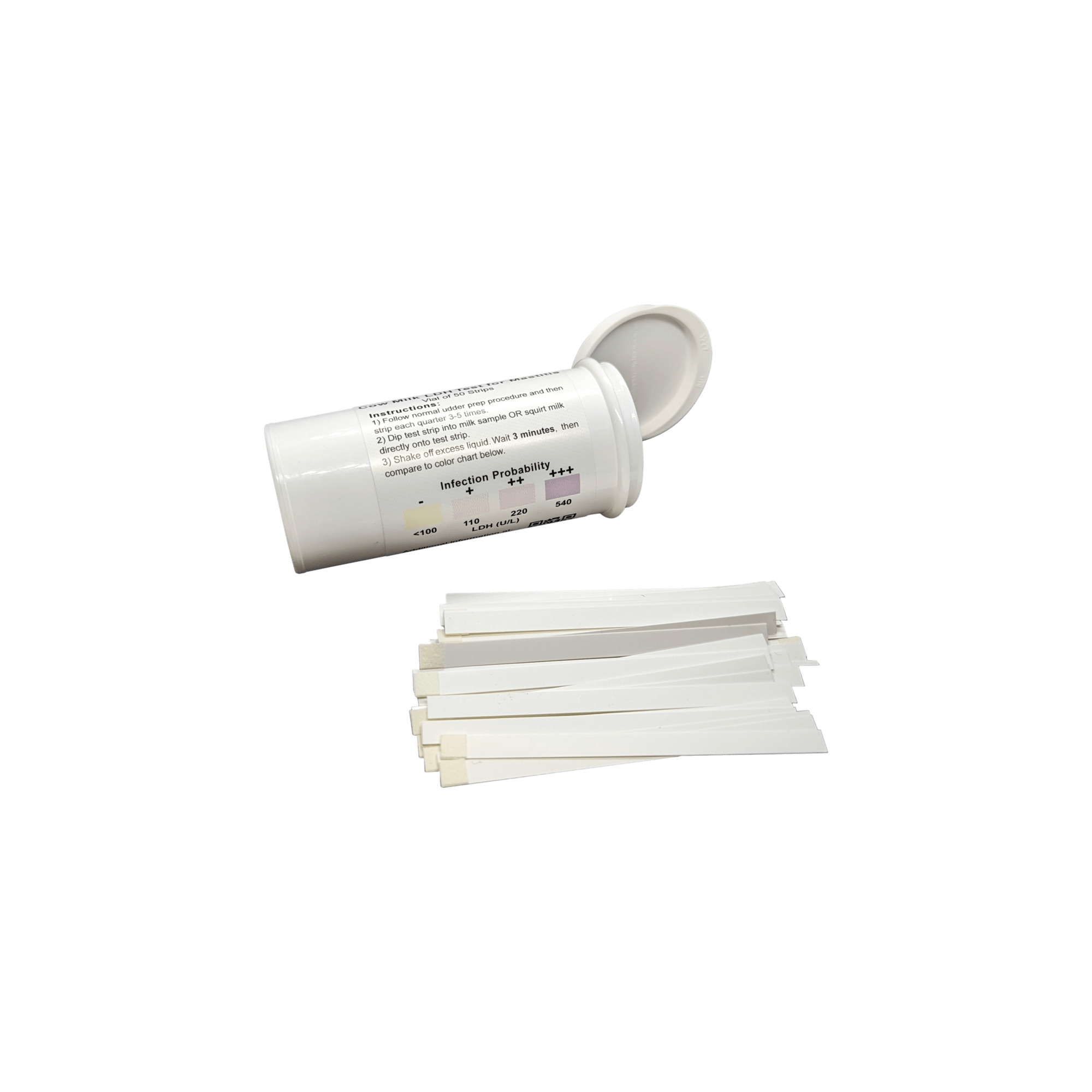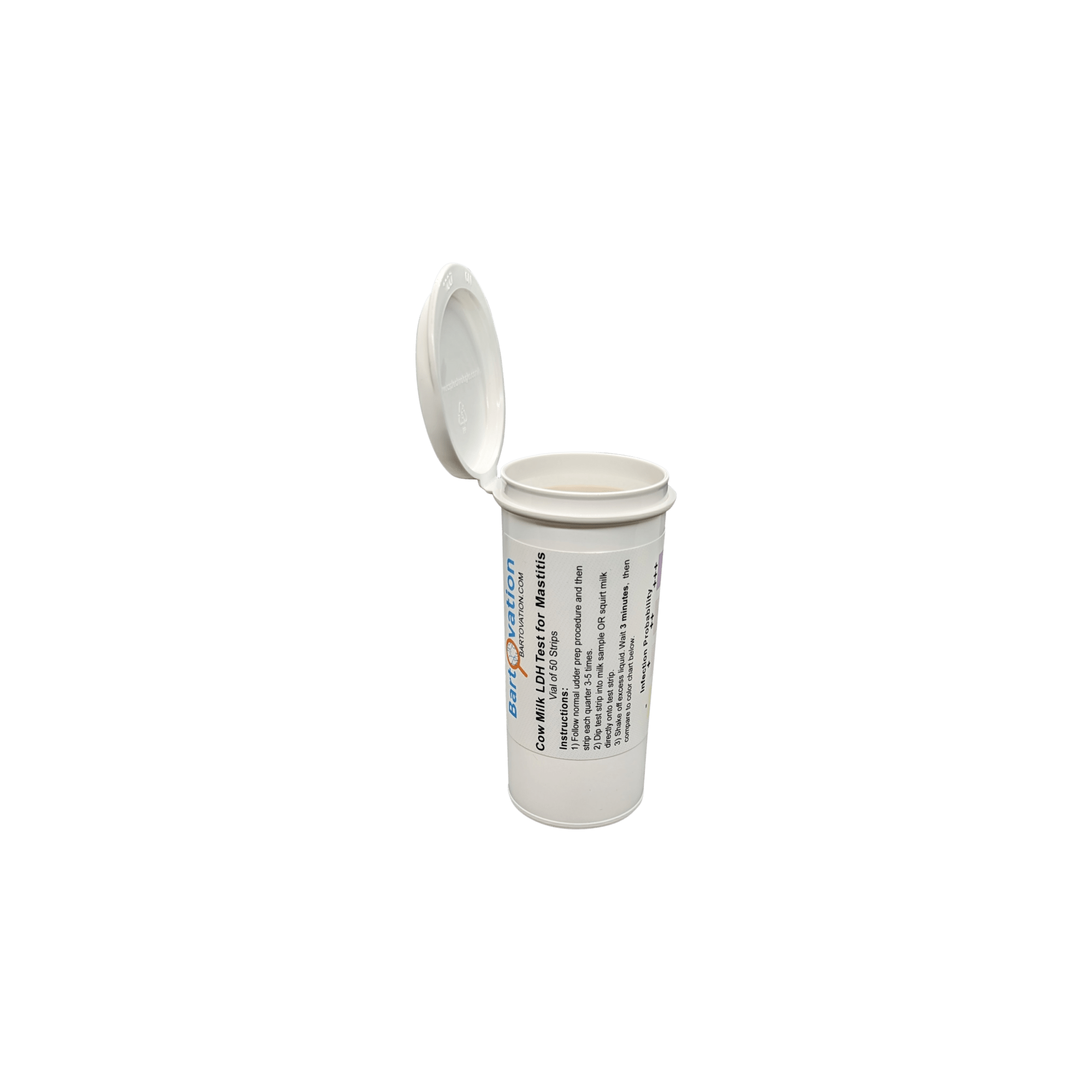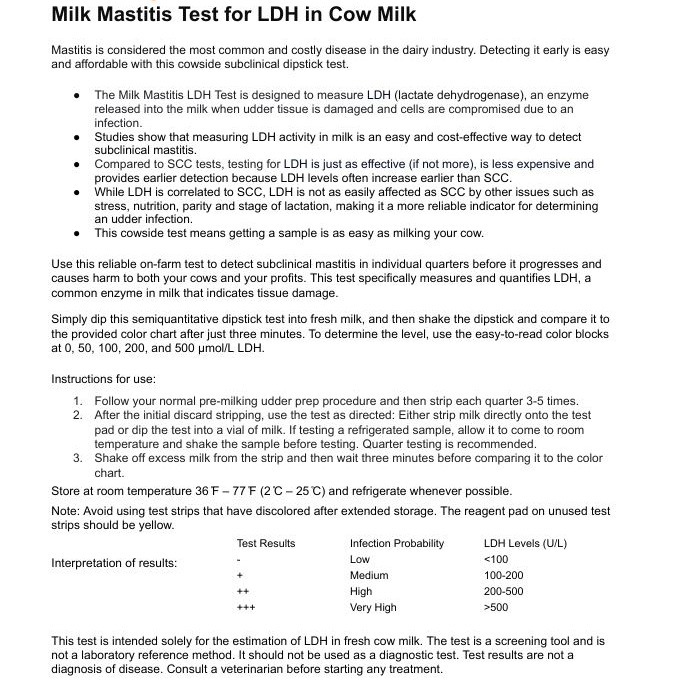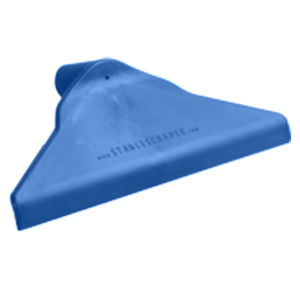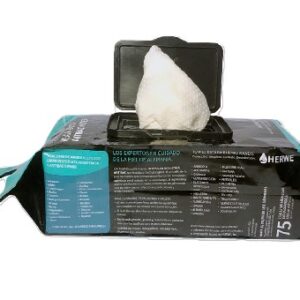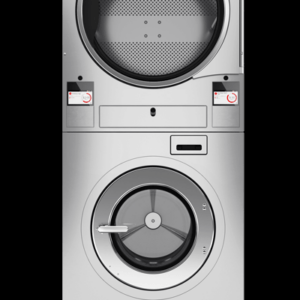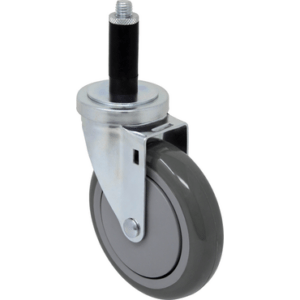Description
Use this reliable on-farm test to detect subclinical mastitis in individual quarters before it progresses and causes harm to both your cows and your profits. This test specifically measures and quantifies LDH, a common enzyme in milk that indicates tissue damage. Detecting mastitis early is easy and affordable with this cowside subclinical dipstick test. This test is designed to measure LDH (lactate dehydrogenase), an enzyme released into the milk when udder tissue is damaged and cells are compromised due to an infection. Compared to SCC tests, testing for LDH is just as effective (if not more), is less expensive and provides earlier detection because LDH levels often increase earlier than SCC. While LDH is correlated to SCC, LDH is not as easily affected as SCC by other issues such as stress, nutrition, parity and stage of lactation, making it a more reliable indicator for determining an udder infection. No additional equipment is needed
– A better way to check for subclinical mastitis
– Detect mastitis earlier than SCC based tests
– Early detection leads to better treatment outcomes
– No setup required: just strip milk onto test strip and compare
– Easy to train farmhands & no subjectivity when reading results
Cow Milk LDH Test Strips for Subclinical Mastitis Screening in Dairy Cows
• Mastitis is considered the most common and costly disease in the dairy industry. Detecting it early is easy and affordable with this cowside subclinical dipstick test.
• The Milk Mastitis LDH Test is designed to measure LDH (lactate dehydrogenase), an enzyme released into the milk when udder tissue is damaged and cells are compromised due to an infection.
• Studies show that measuring LDH activity in milk is an easy and cost-effective way to detect subclinical mastitis.
• Compared to SCC tests, testing for LDH is just as effective (if not more), is less expensive and provides earlier detection because LDH levels often increase earlier than SCC.
• While LDH is correlated to SCC, LDH is not as easily affected as SCC by other issues such as stress, nutrition, parity and stage of lactation, making it a more reliable indicator for determining an udder infection.
*This test is intended solely for the estimation of LDH in fresh cow milk. The test is a screening tool and is not a laboratory reference method. It should not be used as a diagnostic test. Test results are not a diagnosis of disease. Consult a veterinarian before starting any treatment.












